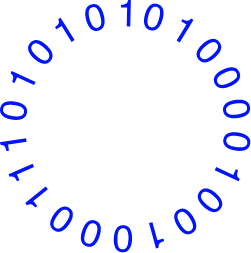To view the original post from Crunchbase, please click here.
Palo Alto, California-based Evinced landed a $17 million Series A to help push its accessibility software into the market.
The round was co-led by M12, BGV and Capital One Ventures, with seed investor Engineering Capital also participating. The company has raised just under $20 million since being founded in 2018.
Evinced’s accessibility software helps companies analyze their digital assets — such as websites and applications — and automatically detects accessibility problems while suggesting fixes while in development.
Founder and CEO Navin Thadani said with more than 1 billion people worldwide living with some form of disability, according to the World Health Organization, digital accessibility is of critical importance. However, remedies for the problem have been insufficient, he added.
“This is a big market that is dominated by manual testing,” he said. “Our strategy is to shift this to products and technology.”
Competition
While some companies use open-source like Google Lighthouse to test accessibility, Thadani said he sees the market more like how cybersecurity is — where large consulting firms such as Accenture, Deloitte and even IBM manually evaluate a company’s software development process from design to production.
“I think there are alternatives in this market, but not real competitors,” Thadani said.
Ashmeet Sidana, founder of Engineering Capital, said the market for Evinced is large, especially when one considers how accessibility helps even those that are impaired, pointing to closed captioning as a perfect example.
“I think this company is ready to scale,” he said.
Go-to market
Evinced will use the new money to fund research and continue product development, but also on its go-to market approach as it now has entered general availability, Thadani said.
The company has been working with a “handful” of paying customers for more than six months and is going after the large enterprise customers in what the company believes is a multibillion-dollar market.
“We are creating a company that has the potential to go public,” Sidana said.
